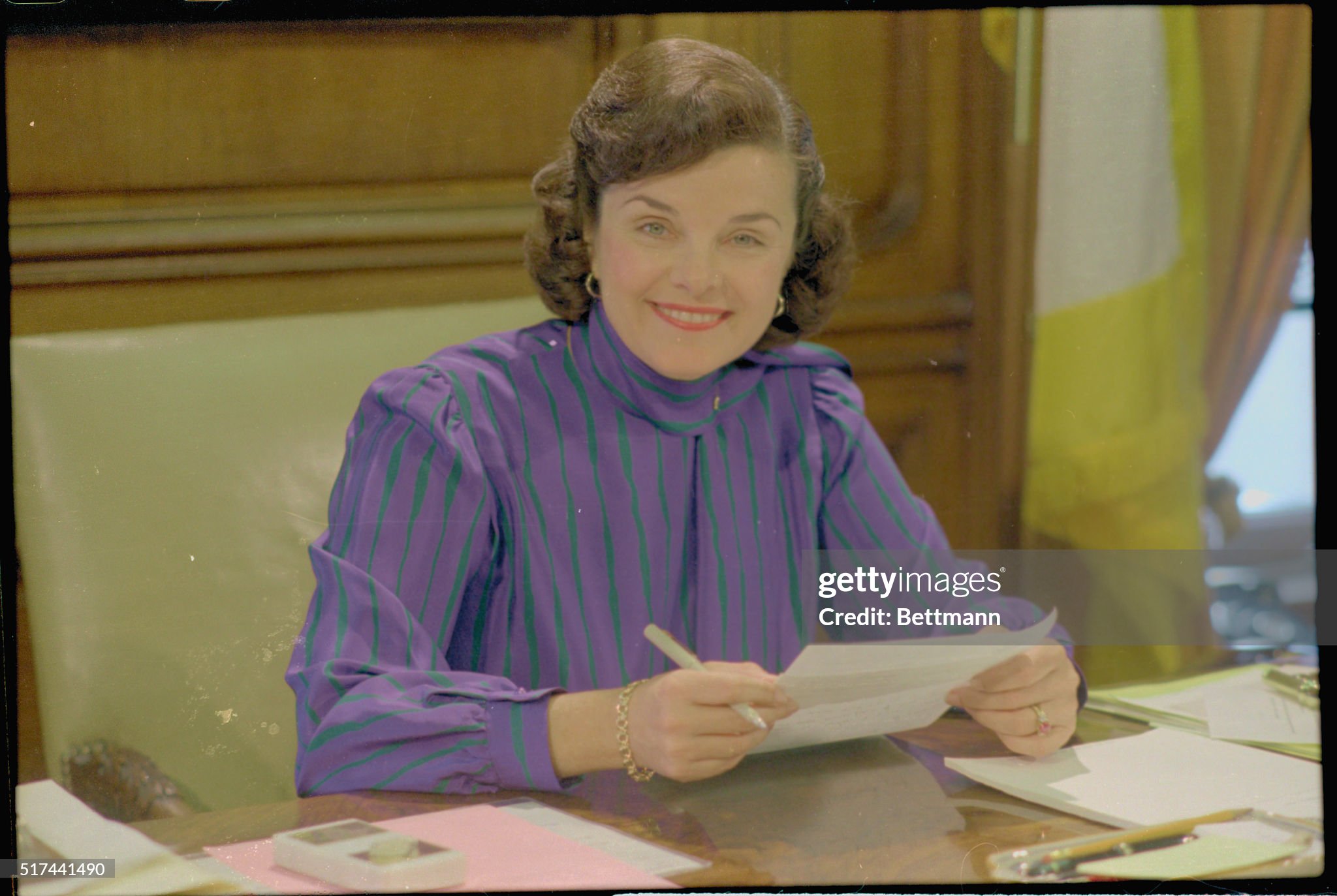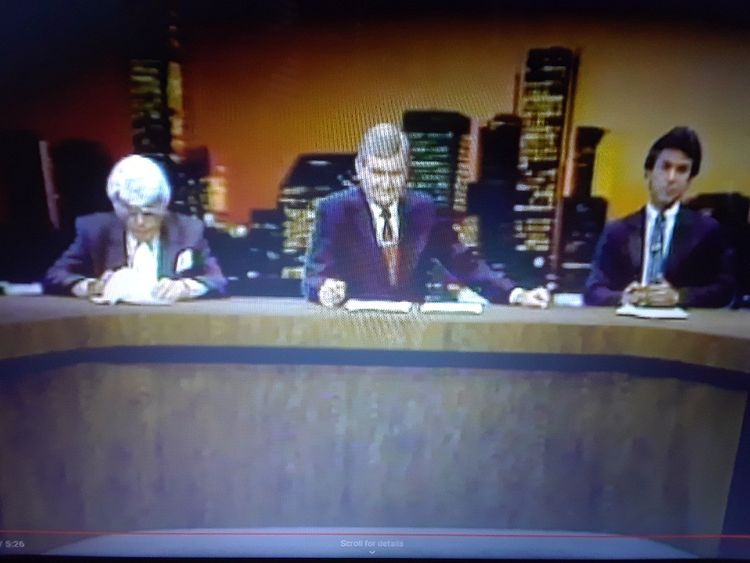......"of course, things weren't that all bad. It helped that I used to be in the United States Senate representing the Commonwealth of Pennsylvania for twelve years and I also knew a lot of the players over there. We managed to get the Health Care Incentives Reform Act passed in a bipartisan vote of 81-21 before the Thanksgiving holiday break. I worked with Daniel Inoyue and Edward Brooke while he was still in the Senate to pass the American Patient Protection Act of 1975, there was lots of bipartisan stuff going on during the Rockefeller years, which also continued during the Holton years and surprisingly during the Reagan years as well. It helped that Reagan was a calm, positive, optimistic fellow, who worked with Tip and Byrd in order to getting things done along with Baker and others, especially the conservative Boll Weevil House Democrats, who staunchly supported for Reagan administration policies such as tax cuts, increases in military spending and deregulation."
-Richard Schweiker
14th United States Secretary of Health and Human Services
22 January 1981 to 3 February 1983
Summer 1983
....."for the Democrats, who were thinking about running for the 1984 Democratic Party presidential nomination, they soon quickly turned it down due to fears of getting trounced by Reagan: Governors White of Texas, Cuomo of New York State, Babbitt of Arizona, Lamm of Colorado, Rockefeller of West Virginia including Senators Kennedy of Massachusetts and Long of Louisiana both rejected any presidential campaign hype altogether. It became obvious that Mondale was already flexing his muscles by campaigning in Iowa, New Hampshire, Vermont, Maine, South Carolina, Nevada, Georgia, Tennessee, North Carolina. Everyone knew that he was running for President and so was Senator Hart of Colorado, who also began campaigning immediately after the 1982 Midterms. Something in Hart's past which was about to explode and upend his presidential campaign.
-Former United States Senator Juan H. Cinton Garcia (D-PR)
Exclusive Interview: ABC 6 WOBE-TV San Juan
"Commemoration of the Free Associated State's 27th anniversary of Statehood"
19 April 2004




